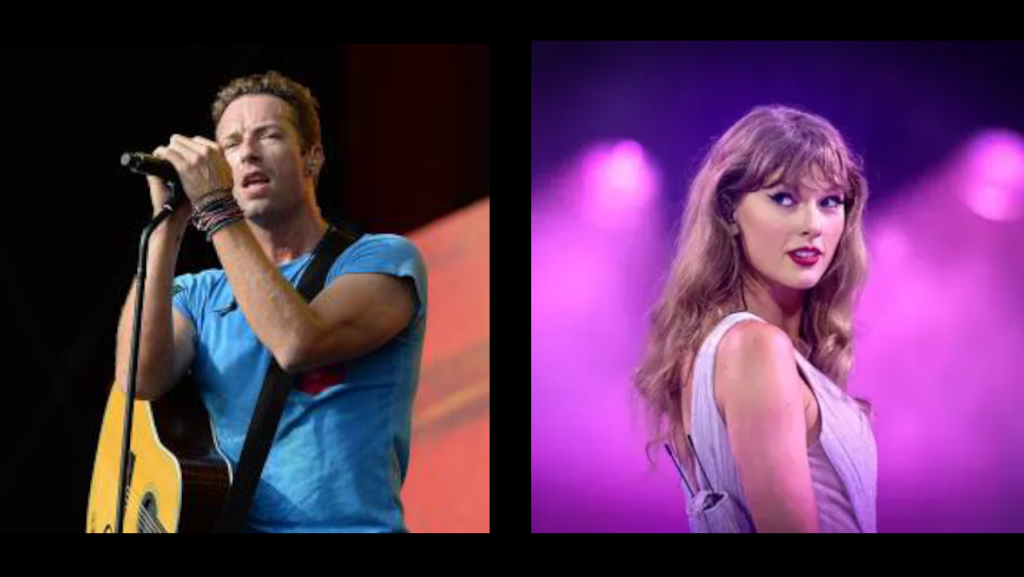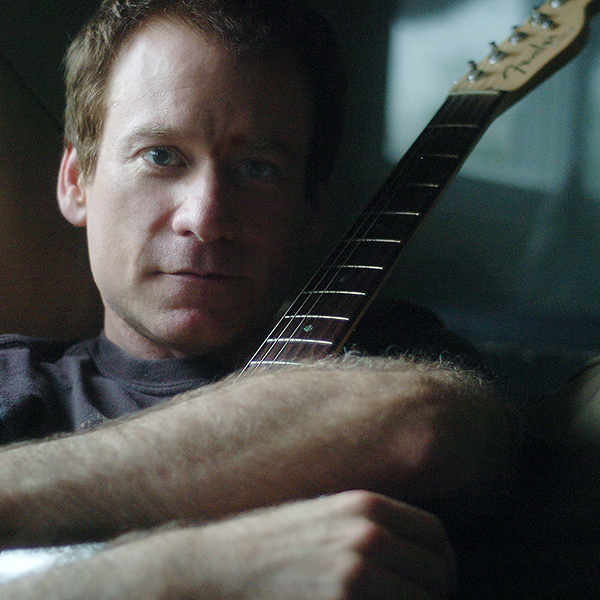by Clay Mills
Dec 19, 2024

When it comes to songwriting, there’s often a debate about the balance between poetic and conversational lyrics. These two approaches can shape the tone, mood, and impact of your song. In my experience, most lyrics fall somewhere on the spectrum between abstract (what some might call poetic) and conversational (clear and direct). Let’s dive into this topic and explore how to use each style effectively in your writing.
Abstract vs. Conversational: The Basics
Abstract lyrics are like looking at an abstract painting—they evoke emotion without being overly literal. A great example is Coldplay’s song “Yellow.” The lyrics don’t spell everything out, but they make you feel the intended emotion. Abstract lyrics often thrive in genres like rock and indie music, where ambiguity can add depth and intrigue.
Conversational lyrics, on the other hand, feel like someone is talking directly to you. They’re clear, direct, and relatable. Country music is the gold standard for conversational lyrics, but artists like Taylor Swift, Ed Sheeran, and Maroon 5 have brought this style into pop music. Their lyrics are simple yet powerful, ensuring the listener immediately connects with the message.
Why Conversational Lyrics Dominate
In recent years, the trend has leaned heavily toward conversational lyrics, especially in pop music. Why? Because in a world filled with distractions—like TikTok and streaming platforms—songs need to grab attention quickly. Audiences want to know what a song is about from the first line.
- Immediate Connection: Songs like Taylor Swift’s “Anti-Hero” convey a clear message right away. Lines like “It’s me, hi, I’m the problem, it’s me” are simple but effective.
- Universal Appeal: Conversational lyrics resonate with a wide audience. They cut through the noise and allow the listener to immediately relate to the story or emotion.
- Simplicity Wins: The most memorable songs are often the simplest. Complexity in lyrics can work, but it must be purposeful.
The Pitfalls of Overly Abstract Lyrics
Abstract lyrics can be beautiful, but they come with risks. Here’s a story to illustrate: A friend of mine once tried to express his love for his wife by saying, “You’re the grass beneath my feet.” Her reaction? She hit him with a pillow and left the room. Why? Because instead of feeling romantic, it sounded detached and impersonal.
This is a common mistake in songwriting. If your goal is to express heartfelt emotion, overly poetic or abstract lyrics can alienate the listener. Here’s why:
- Lack of Clarity: If your lyrics are too abstract, the listener may not understand your message.
- Emotional Disconnect: Flowery language can feel insincere if it doesn’t align with the song’s tone.
- Misinterpretation: Abstract lines are open to interpretation, which can dilute the intended meaning.
How to Decide: Poetic or Conversational?
The key to balancing poetic and conversational lyrics lies in understanding the goal of your song. Here are some guidelines:
Know Your Audience:

- If you’re an indie artist with a dedicated following, abstract lyrics can work. Your fans are more likely to appreciate the artistry and depth.
- For commercial genres like pop or country, clarity is crucial. Listeners want to immediately understand and connect with your song.
Match the Goal of the Song:
- For direct messages, like love songs or personal stories, keep the lyrics conversational.
- For songs that aim to create a mood or tell a broader story, you have more room for poetic or abstract lines.
Blend Both Styles:
- Use abstract imagery in verses to add intrigue, but make the chorus conversational and clear. Taylor Swift’s “Anti-Hero” does this brilliantly—her verses are metaphorical, but the chorus delivers a straightforward message.
Examples of Effective Poetic Lyrics
Poetic lyrics can shine when used strategically. A great example is Michael Johnson’s “The Moon Is Still Over Her Shoulder.” The song romanticizes his long-term love, comparing his wife to the girl she once was. This imagery works because the song isn’t sung directly to her—it’s a reflection shared with the audience.
Here’s why poetic lyrics succeed in this case:
- Romanticization: The song tells a story, allowing room for artistic expression.
- Emotional Connection: The listener can picture the scene and feel the sentiment.
Pro Tips for Writing Poetic Lyrics
If you want to explore poetic or abstract lyrics, keep these tips in mind:
- Sound Matters: The vowels, consonants, and rhythm of your words should match the emotion of the music. This adds cohesion and enhances the listener’s experience.
- Start Simple: Begin with clear, conversational lines. Once the audience understands the theme, you can introduce more abstract elements.
- Avoid Overload: One or two poetic lines in a song can create a lasting impression. Overloading your lyrics with metaphors can confuse the listener.
Finding Balance: Examples from Real Songs
One of the best ways to craft compelling lyrics is to blend poetic and conversational elements. For example, you might use abstract imagery in the verses to create intrigue and then switch to a conversational style in the chorus to drive the message home. This approach allows you to showcase your creativity while maintaining clarity.
Coldplay’s “Yellow” is a masterclass in this technique.
The song begins with clear, relatable imagery—“Look at the stars, look how they shine for you”—before gradually introducing more abstract elements. By starting with a conversational tone, the listener understands the emotional foundation of the song, making it easier to appreciate the poetic touches later.
Similarly, Taylor Swift often uses this strategy. Her verses might feature creative metaphors and imagery, but her choruses are straightforward and universally relatable. This balance keeps the listener engaged while ensuring the song’s core message is never lost.
Common Mistakes to Avoid
- Overcomplicating Your Lyrics:
- Beginners often try to cram every line with poetic phrases. Instead, focus on one or two standout lines.
- Ignoring the Music:
- Poetic lyrics should complement the melody and rhythm. Mismatched words can disrupt the emotional flow.
- Forgetting Your Audience:
- Abstract lyrics may alienate listeners if they don’t align with the song’s goal or genre.
When Abstract Lyrics Work Best
If you’re writing for yourself or as an indie artist, abstract lyrics can be a powerful tool. However, if you’re pitching songs to commercial artists, clarity becomes essential. As a songwriter, your job is to serve the song and its intended purpose.
The Sweet Spot: Simple Yet Interesting
The best lyrics are a blend of simplicity, conversational tone, and a touch of poetic intrigue. They grab attention, convey emotion, and leave a lasting impression. My song “Must Be Doin’ Somethin’ Right” is mostly conversational, but it includes one poetic line: “Deep blue needs you eyes.” That single line adds depth without overshadowing the rest of the song.
Final Thoughts
Writing poetic vs. conversational lyrics isn’t about choosing one over the other—it’s about knowing when and how to use each style. By understanding your audience, the goal of your song, and the nuances of both approaches, you can craft lyrics that resonate deeply.
Whether you’re an indie artist exploring abstract imagery or a commercial songwriter aiming for mass appeal, remember this: The best lyrics are honest, heartfelt, and serve the song’s purpose. Strike the right balance, and your songs will leave a lasting impact.
Happy writing! ~Marty
share
You may also like
Write Better Songs Faster
Songwriting Success is Clay & Marty's 10-day video series that will help you level-up your songs and finish them faster. Enter your email address to get started!
